The breakdown of the traditional publishing model and increasing popularity of e-readers has opened up enormous opportunity for self published authors. But with this comes the shift of responsibility for everything from editing to marketing, which used to be done by print publishers. This means that we, as authors, are responsible for finding a way to perfect and edit your own work. Professional copyeditors / proofreaders are one way to solve this problem. Another way is to find beta readers.
Authors spend so much time writing and self-editing, they can struggle to read their work objectively. Has the anticipation earlier in the book been delivered? Are the events described logical? This is where the skills of a beta reader come in; they will give you a critical analysis of your work. The idea of a ‘beta’ readers comes from the software sector, where beta users test an early version of a product before its released on the mass market.
What can it cost, to have beta readers? Unbelievably, some of the best beta readers are free and ask only for exchange of favours with other writers. There’s precedent with this model, as writers like Tolkien and CS Lewis used ‘critique groups.’
The difference being is that books ‘happen’ in the minds of the reader, so instead of a focus group approach where individual voices are lost in the noise, a small group of people have their own individual experiences with your work, which gives you a more meaningful feedback loop. Thereby giving you the knowledge to further perfect your work.
Finding the Ideal Beta Reader
Finding the ideal beta reader is not easy, but it is possible. The characteristics of a perfect beta reader are down to personal preference. To some, a good beta reader is ideally someone who has the same characteristics of the target audience of the book, as they will respond in the same way as the intended reader. Using a beta reader who is not close to the author will enable them to give them more honest feedback, free of bias, whilst remaining sensitive to their needs as a creative professional.
Some writers prefer for regular readers of a broad range of literature, who have some experience of the topic they’re writing about. Someone who regularly reads your genre will be familiar with the structure of such books and will know what works and what doesn’t.
Ultimately, beta readers who are writers themselves make the perfect candidate. They understand the many challenges that writers face, the value of a beta reader and how much it is appreciated by the author. They are facing the same challenges as you. One of which is time, which is why you need to be sensitive to their needs and as helpful as possible in return.
The advantages of using beta readers are endless, which proves that using a beta reader really is better (than not using one at all). Once you’ve found a handful to share your work with you can sit back with an eager gut wrenching terror, like all authors who’ve already benefited from having beta readers. The end result will be a piece of work which is ready to be released to a mass audience.


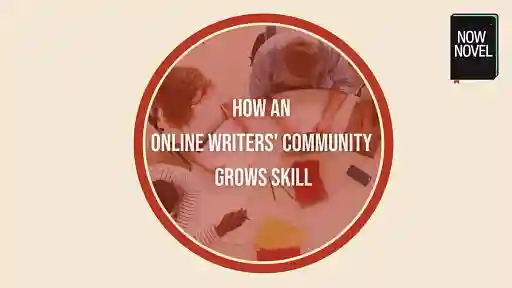
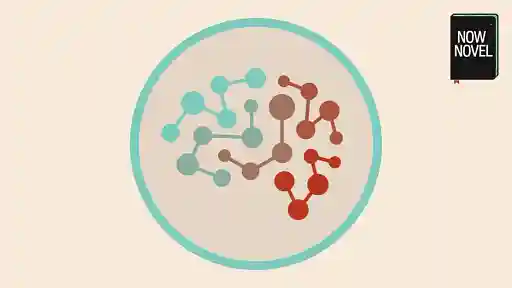
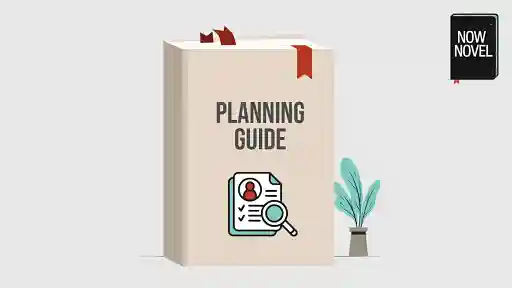
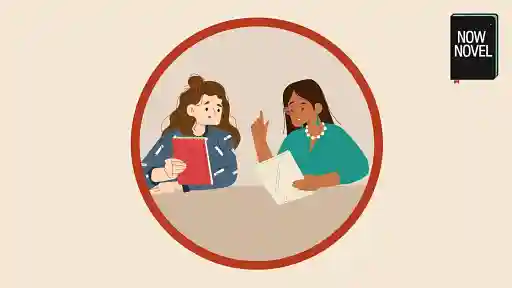
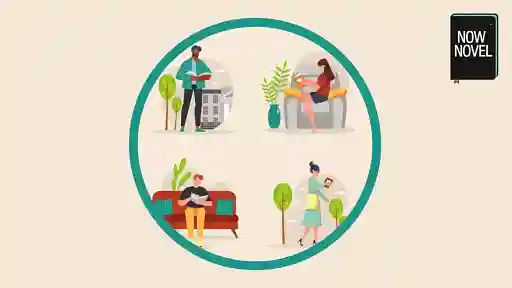


I insist that the reader be brutally honest. No sugar coating. Go ahead, hurt my feelings (well, not really) but I don't want anyone to hold back. If they think the work is lousy, I want them to say so. I'm confident in my work, so I feel up to taking the worst.
Dennis Fleming - Almost 11 years ago
Hi! I totally agreed with you Dennis. The beta reads need to be brutally honest but the author needs to be totally receptive. I'am beta read for two authors right now and one of them it isn't easy say my feedback. A good beta reader might save to an author of being public humiliated
Savannah Avila - Almost 11 years ago